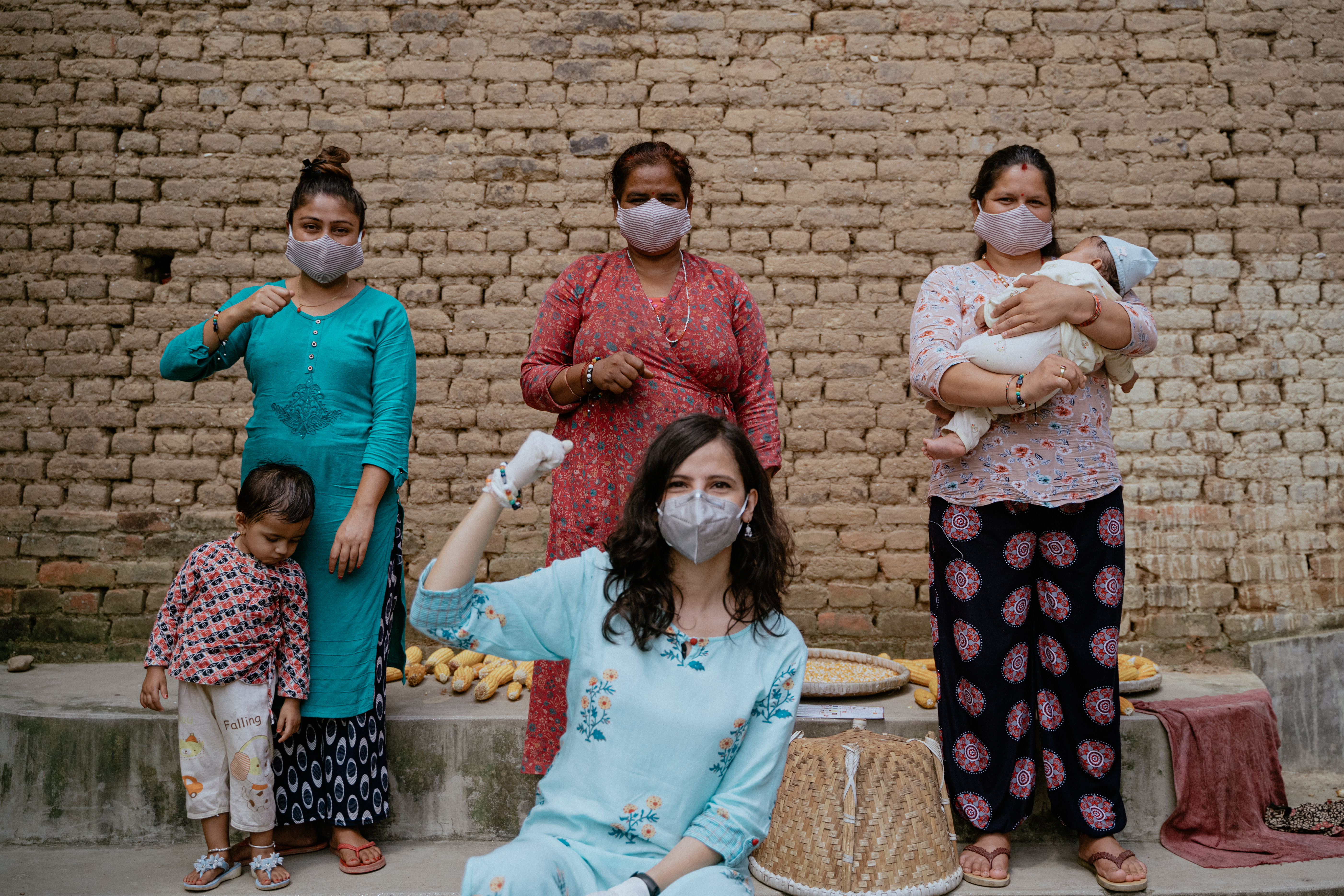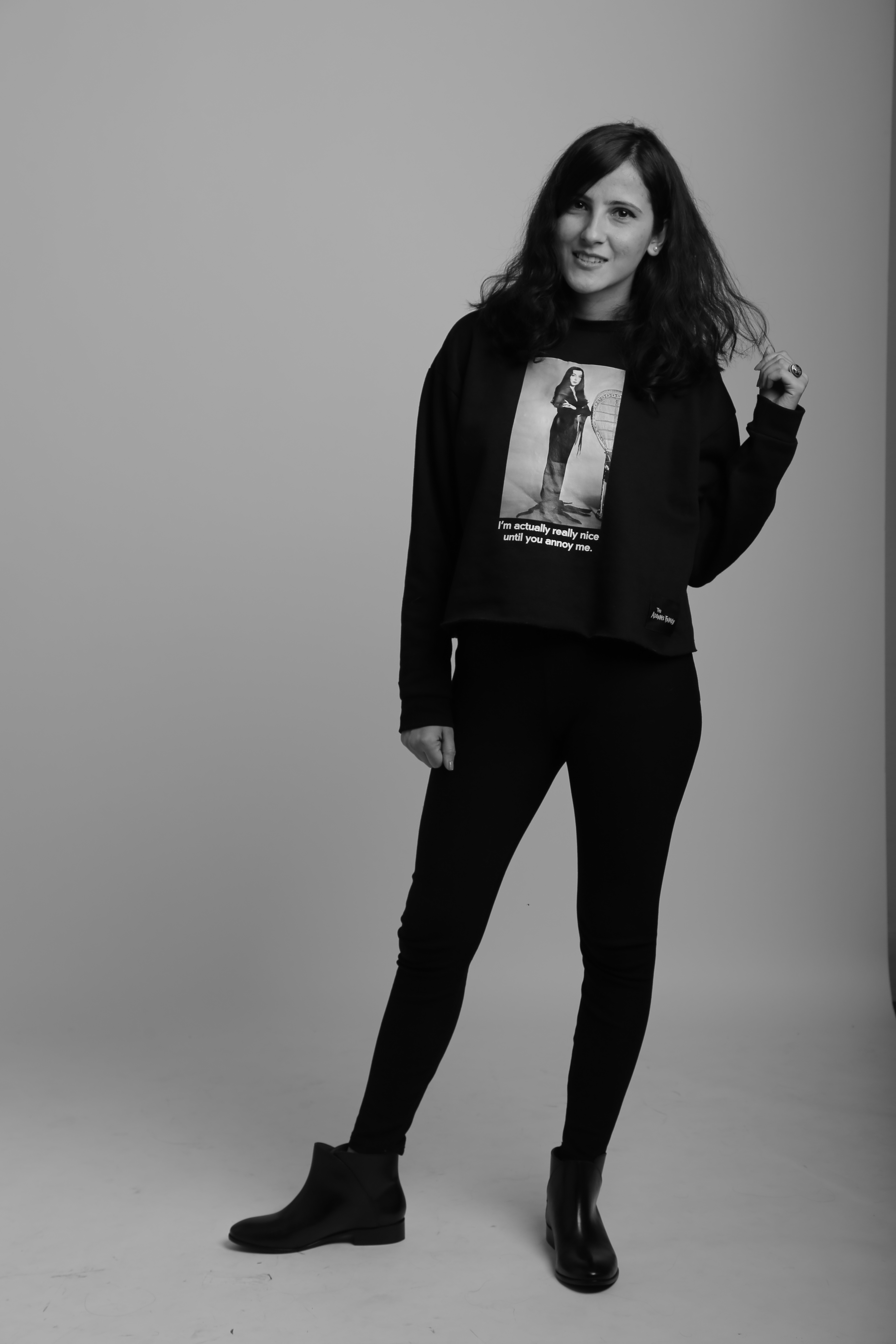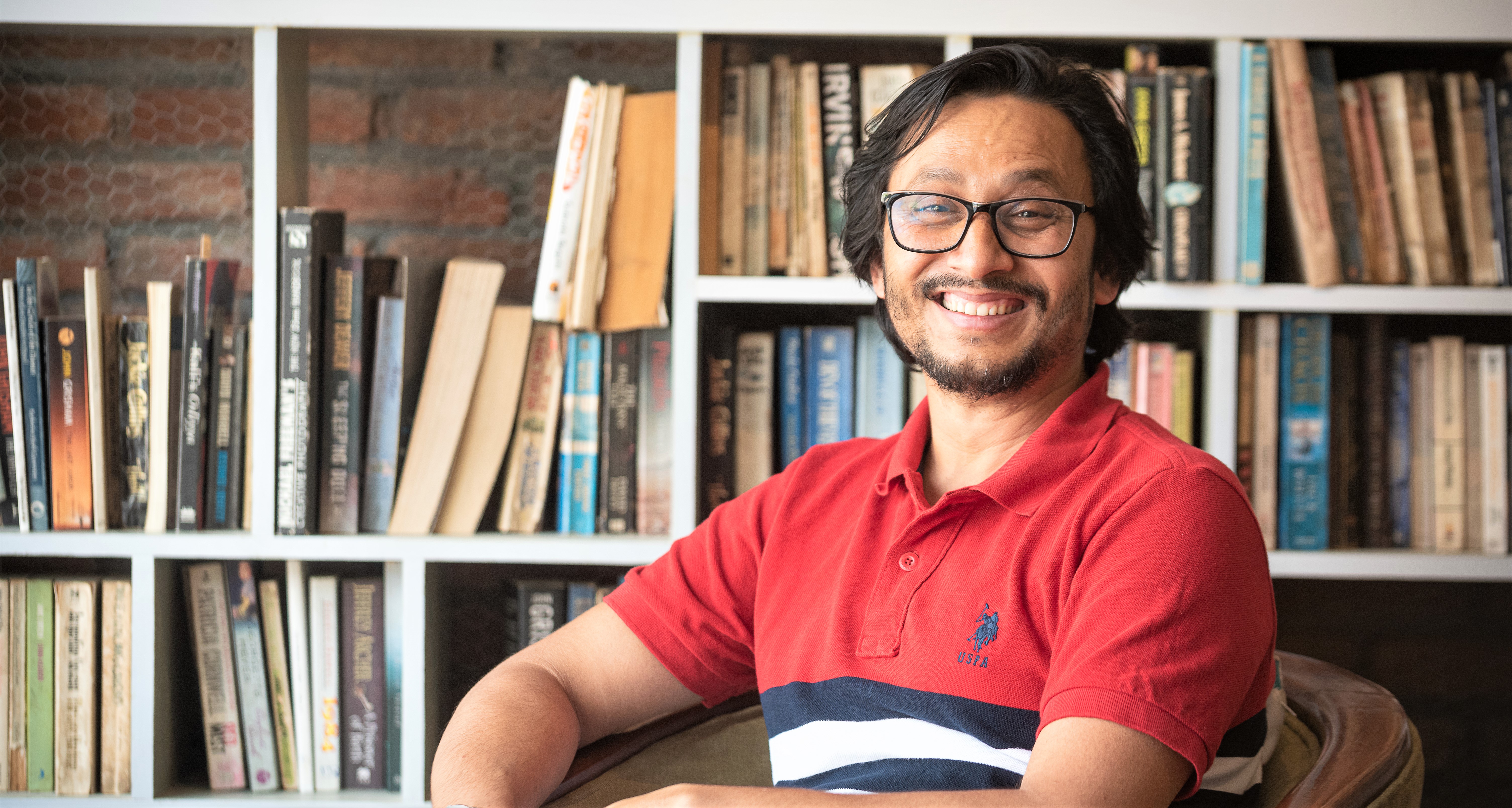My Vision for Nepal | Help all Nepalis realize their full potential in life

Help all Nepalis realize their full potential in life
Three ways to realize the vision:
1) Invest in the first 1,000 days, the window of opportunity between pregnancy and a child’s second birthday, to lay a foundation for a healthier future.
2) Build an equitable health system through a social justice approach.
3) Prioritize preventive care and sustainable food systems. Good nutrition contributes to sound health, wellbeing, and socio-economic growth.
My experience of working in the public health sector for the past seven years has helped me unlearn and learn a lot of things about our grass-root communities. In this period, we collectively dealt with some major challenges—the 2015 earthquake, the ravaging floods in the Tarai and the global Covid-19 pandemic. In each of these moments of crisis, the wide gaps in our public health systems became painfully evident. We are a part of a socially unjust health system that discriminates against the most vulnerable and the marginalized.
Coronavirus knows no borders or boundaries; it affects everyone, everywhere. However, the health and socio-economic consequences of the disease have been unequally devastating for the poor, those involved in the informal economy, as well as people living with disabilities, migrants, and ethnic and gender minorities.
While many of us have the luxury of staying at home with stocked-up food supplies, thousands of people, including pregnant and nursing mothers, can’t feed themselves or their children. Many can’t visit health centers for essential maternal and child healthcare and sexual reproductive services due to mobility restriction and risk of infection.
UNICEF has already warned about the increasing risk of malnutrition that could affect an entire generation of children. Malnutrition lowers immunity and increases susceptibility to diseases such as Covid-19 and other infections.
The past few months have seen hundreds of deaths, which could have been prevented by providing basic healthcare. Many of us who were privileged enough to afford quality healthcare witnessed our own family and friends struggle for hospital beds, oxygen, and essential medical supplies. We can’t even get close to imagining what the situation is like for the people living below the poverty line. While our constitution recognizes health as a ‘fundamental human right’, for many, it is still a far cry.
 Bonita Sharma with mothers in Kathmandu wearing nutrition bracelets, the award-winning educational tool | Suraj Shakya
Bonita Sharma with mothers in Kathmandu wearing nutrition bracelets, the award-winning educational tool | Suraj Shakya
There is visible inequality in our health system and there are layers of challenges that can’t be addressed overnight. However, I believe that change is inevitable, although it is gradual. So, to get closer to the Nepal I envision, it is important to take the pandemic as a wake-up call and bolster our health system from the ground-up.
After traveling to several districts in the past year, I understood the powerful relationship between the leadership of the local government and community participation for development. Building the technical and financial capacities of local governments and sensitizing local communities, both help in finding local solutions to existing public health-related challenges. The government must also be held accountable to ensure that a human rights-based approach is adhered to at all levels so that no one is left behind.
Second, investment in health and nutrition for women and children in the first 1,000 days needs to be prioritized by all sectors. Eighty percent of a child’s brain develops during this time and malnutrition results in irreversible setbacks such as stunted growth, and reduced cognitive development that impacts their entire life. For every $1 we invest, we can get $18 in return in increased health, schooling, and productivity. So nutrition is a smart development investment.
In the wake of the climate crisis and the Covid-19 pandemic, a wave of hunger and loss of livelihood has emerged as a silent emergency in the country. In this context, a sustainable health and food system is the only way forward. Adequate access to nutrition and lifestyle changes can significantly reduce the risk of chronic diseases, which are the leading causes of death and disability. It’s high time we create a public health system that prevents people from getting sick, and not just diagnose and treat diseases.
The grim situation around us amid this pandemic has left us all hopeless and frustrated. But the heroic acts of the front-liners, the young change-makers, innovators, and researchers show there is light at the end of the tunnel. The collective empathy and action people have shown in this difficult time gives me hope that we can make my vision our common goal and then, a reality!
I also hope that post-covid, we never go back to normal, because our normal left the most vulnerable behind. I hope, together, we build a fairer, healthier world where the government, private sector, civil society, youth, community groups, and individuals work together for a future where all of us can reach our full potential.

Quick Questions:
Who is your model philanthropist in Nepal?
Can I name my model changemaker instead? The Female Community Health Volunteers (FCHVs), all the local women working at grass-roots who are the backbone of our health system.
The superhero you find inspiring/identify with?
Wonder Woman. First, because it was the first time I watched a superhero movie where the female character played a lead and not just a sidekick. Second, Diana’s ability to be empathetic and vulnerable in spite of all the power she holds make her truly relatable and inspiring.
Your favourite book/s?
Factfulness by Hans Rosling and Kite Runner by Khaled Hosseini.
related news
My Vision for Nepal | See Nepali women’s football team lift SAFF championship
April 18, 2022, 9:43 p.m.
My Vision for Nepal | A top global tourist destination
April 11, 2022, 6:19 p.m.
My Vision for Nepal | A clean country built on sustainable and socially inclusive waste management
April 5, 2022, 12:42 a.m.
My Vision for Nepal | Internationally acclaimed Nepali movies
March 28, 2022, 8:02 p.m.
My Vision for Nepal | Equal respect for all genders: male, female and queer
March 21, 2022, 7:11 p.m.
My Vision for Nepal | Economic growth and socio-economic development
March 14, 2022, 2:29 p.m.
My Vision for Nepal | Zero trafficking of Nepali people
March 7, 2022, 5:13 p.m.
My Vision for Nepal | A healthy, educated, and hospitable country
Feb. 28, 2022, 7:47 p.m.











Comments